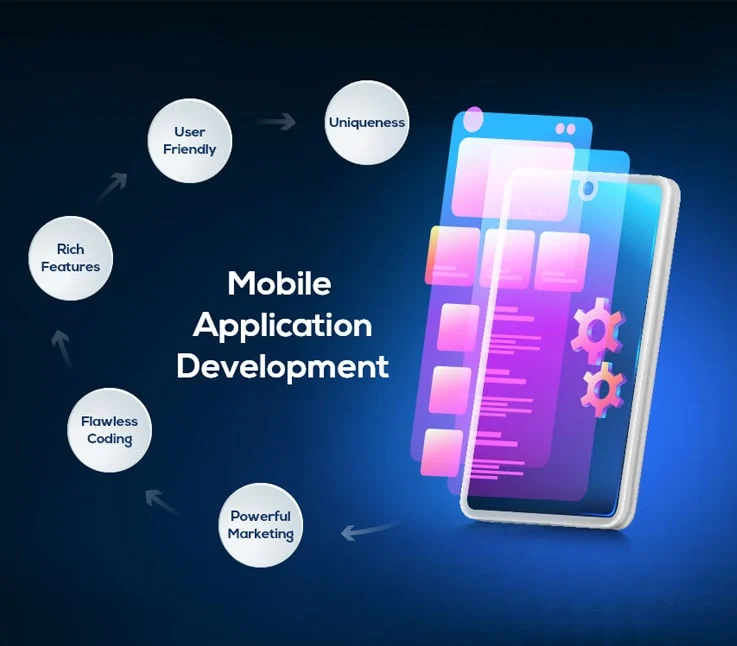Mastering Mobile App Testing for Optimal Performance
Mobile app testing plays a pivotal role in identifying and resolving potential issues before they reach end-users. From functionality to usability, and from compatibility to performance, comprehensive testing is essential for success in the competitive world of mobile app development. This article explores the key strategies for mastering mobile app testing to achieve optimal performance.
1. Early and Continuous Testing:
One of the fundamental principles of mobile app testing is to start early and test continuously throughout the development lifecycle. Early testing helps identify issues at the initial stages, allowing developers to address them before they become complex and costly to fix. Continuous testing ensures that new features and updates don’t introduce unexpected problems, maintaining a high level of app performance.

2. Device and Platform Diversity:
Mobile apps are accessed on a wide variety of devices and operating systems. To ensure optimal performance across diverse platforms, testing should encompass different devices, screen sizes, resolutions, and operating system versions. Emulators and simulators can be useful, but real device testing remains crucial for accurate assessments.
3. Performance Testing:
Performance testing is essential to evaluate the responsiveness, speed, and stability of an app under various conditions. Load testing, stress testing, and scalability testing help identify how well the app performs under normal and extreme usage scenarios. This type of testing is critical to prevent crashes, slow response times, and other performance-related issues that can frustrate users.
4. Usability Testing:
Usability testing focuses on the overall user experience, ensuring that the app is intuitive and user-friendly. It involves assessing navigation, user interface design, and user interactions. Gathering feedback from real users during usability testing provides valuable insights into how the target audience perceives and interacts with the app.

5. Network Conditions Simulation:
Mobile devices are often used in a variety of network conditions, ranging from high-speed Wi-Fi to slow 3G or 4G connections. Simulating different network conditions during testing helps identify how the app performs under varying bandwidths. This is crucial for users in different geographic locations or those with limited access to high-speed internet.
6. Security Testing:
Security is a paramount concern for mobile app users. Security testing involves identifying vulnerabilities and weaknesses in the app, such as data encryption, authentication processes, and secure communication. Regular security testing helps protect user data and maintain the app’s integrity.
7. Automated Testing:
To cope with the rapid pace of mobile app development, automated testing is indispensable. Automated tests can quickly and efficiently execute repetitive and time-consuming tasks, allowing developers to focus on more complex aspects of the app. Automated testing is particularly beneficial for regression testing, ensuring that new updates do not break existing functionalities.

8. User Feedback Integration:
Real-world user feedback is invaluable for improving app performance. Integrating user feedback into the testing process provides insights into issues that might not be apparent during internal testing. Utilize beta testing programs, app analytics, and user reviews to gather feedback and make data-driven improvements.
Conclusion:
Mastering mobile app testing is an ongoing process that requires a combination of tools, methodologies, and a commitment to delivering a high-quality user experience. By embracing early and continuous testing, considering device and platform diversity, and incorporating various testing types, developers can identify and address issues before they impact users. Prioritizing performance testing, usability testing, and security testing ensures that the app not only functions well but also provides a secure and enjoyable experience for users. Ultimately, a comprehensive testing strategy is essential for building successful and competitive mobile applications in today’s dynamic market.

